Can HMD’s Better Phone Project shift the dial on excessive smartphone use?
Human Mobile Devices wants to explore ways to diffuse the digital deluge affecting young people’s mental health, and it’s looking for everyone’s help

We use our phones way too much. An increasing number of studies are pointing to the flipside of the smartphone; addiction, anxiety, depression and more have all been attributed to the ubiquity of modern communications technology. Yet there’s still no magic behaviour changing bullet, no smartphone equivalent of the 1964 ‘Smoking and Health’ report from the US Surgeon General that blew away decades of tobacco industry hem-hawing.
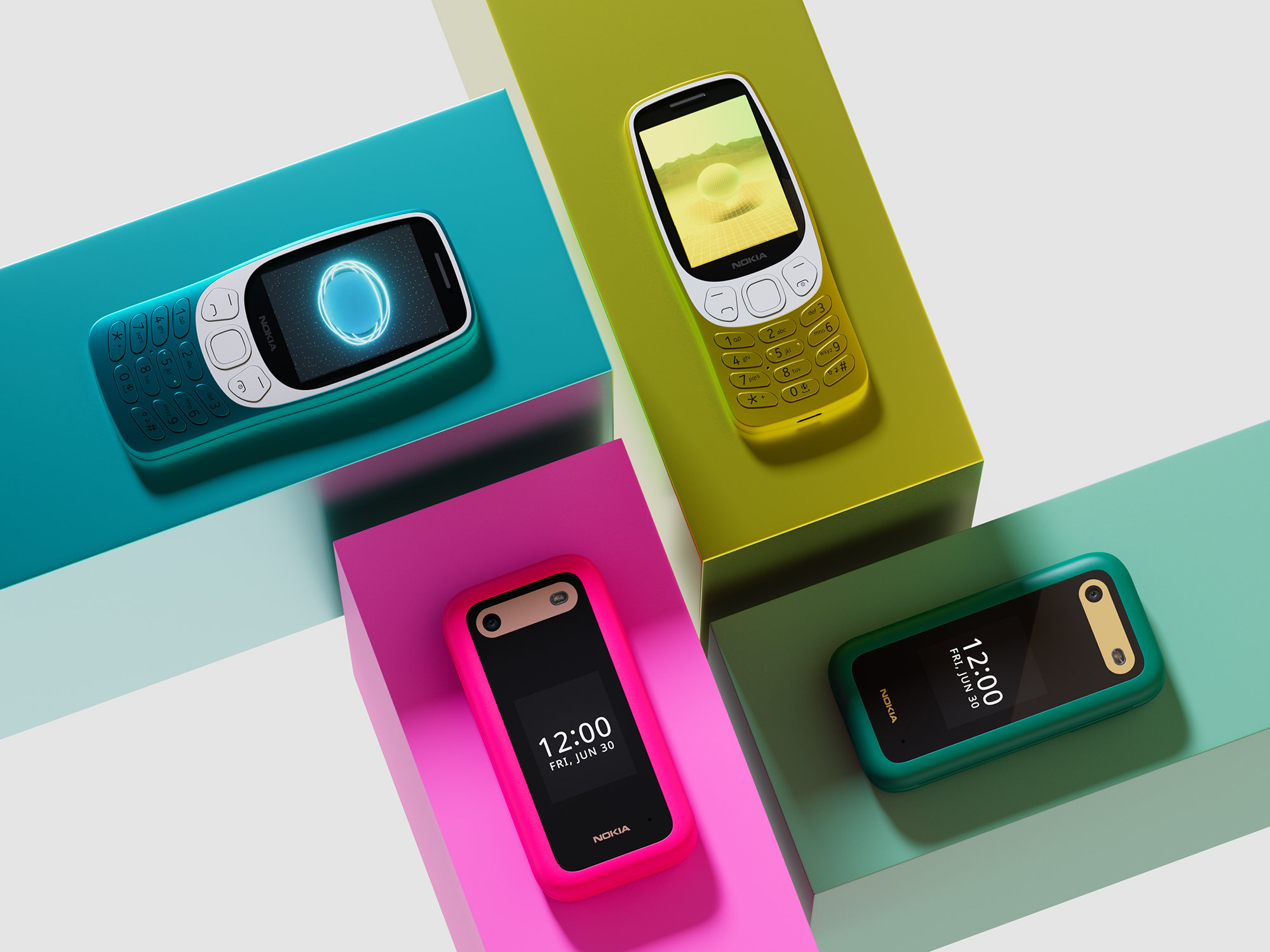
Dumbing down: Nokia 3210 and Nokia 2660
We’re not suggesting that mobile phones have a similar toxicology, but it’s worth noting that no major manufacturers have commissioned any research into the (potentially) adverse effects of their products. Until now. Human Mobile Devices’ (HMD’s) The Better Phone Project was launched today.
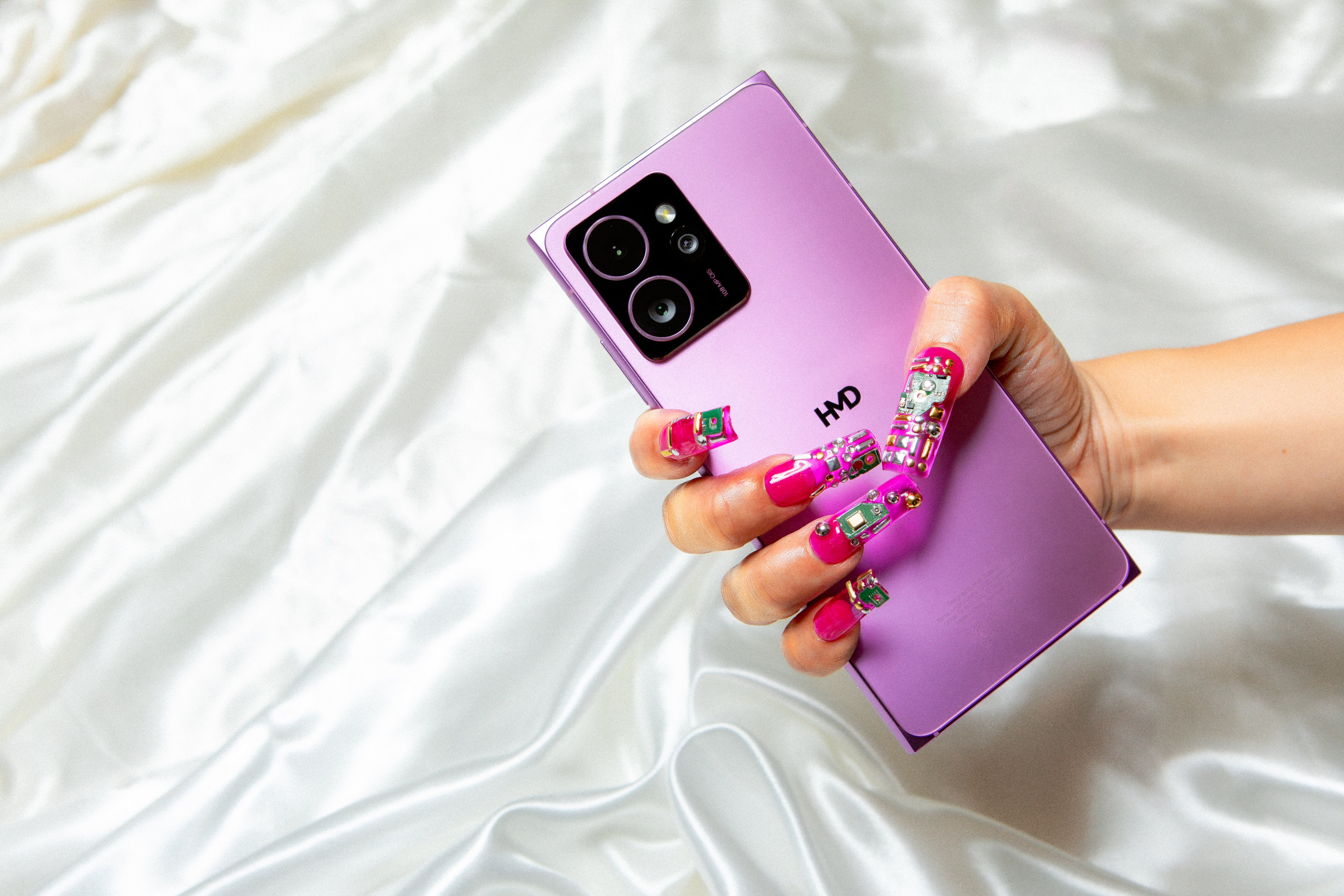
HMD Skyline in Neon Pink
As we’ve previously noted, the Finnish phone maker (and steward of the Nokia brand), has a bit of a bee in its bonnet about the negative effect of smartphones. On the eve of the launch of their latest device, the HMD Skyline, we spoke with CMO Lars Silberbauer and head of product Adam Ferguson, to find out more about the project.

Lars Silberbauer, CMO of HMD
‘None of our competitors are doing this,’ Silberbauer notes, describing how the legacy of Nokia’s rugged but light-featured ‘dumb phones’ are becoming more and more fashionable as people seek out devices without onboard distractions. The CMO explains that the firm's forthcoming Barbie-branded phone will ship with no social media functionality at all. Other socially conscious brands may want to follow suit.
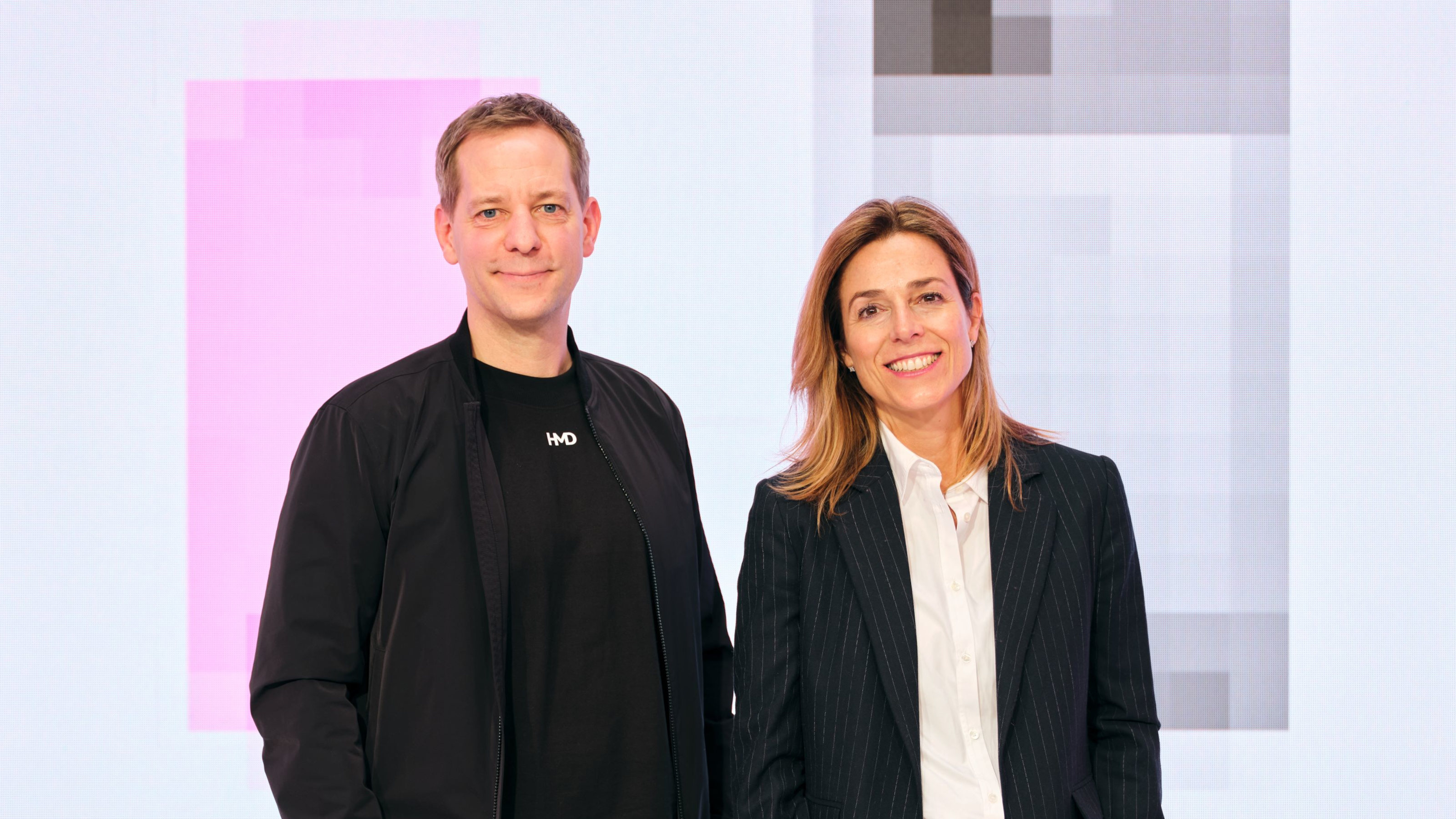
HMD's Lars Silberbauer with Isabel Ferrer, EMEA Marketing Director at Mattel
That’s not all, however. Although scientific studies have hinted but not conclusively proved a correlation between smartphones, social media and mental health issues, few parents or young people would dispute that doom-scrolling can be just that, or that digital detox is a real thing.
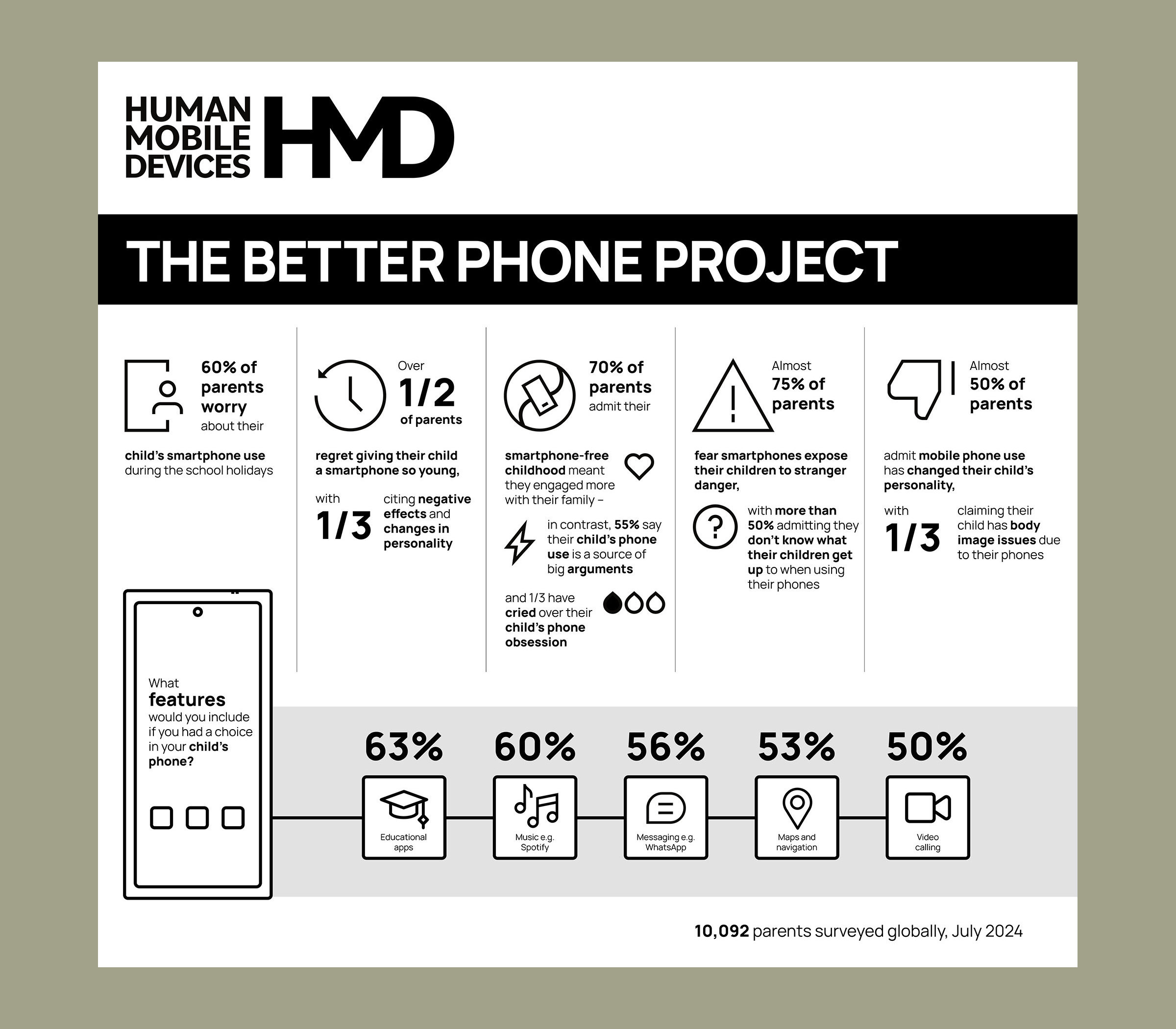
The Better Phone Project has already generated some eye-popping research
‘By the age of 12, 97 per cent of UK children have a phone,’ says Ferguson, adding that in the US, ‘95 per cent of 13- to 17-year-olds use social media.’ Ferguson points out that Gen Z and Gen Alpha aren’t waiting around for the Surgeon General. ‘They know this is a problem.’ What’s also a problem is that phones themselves are convenient, shiny, delightful, addictive but also essential for many aspects of modern life.
However, this all comes with an unseen cost. HMD’s own recent research (talking to 10,000 parents in the UK, Europe, US, India and Australia) revealed that over half of parents wished they’d waited long before they gave a device to their children. And finally, most heartbreakingly of all, ‘over half of parents think that phones have changed their child’s personality.’
Receive our daily digest of inspiration, escapism and design stories from around the world direct to your inbox.
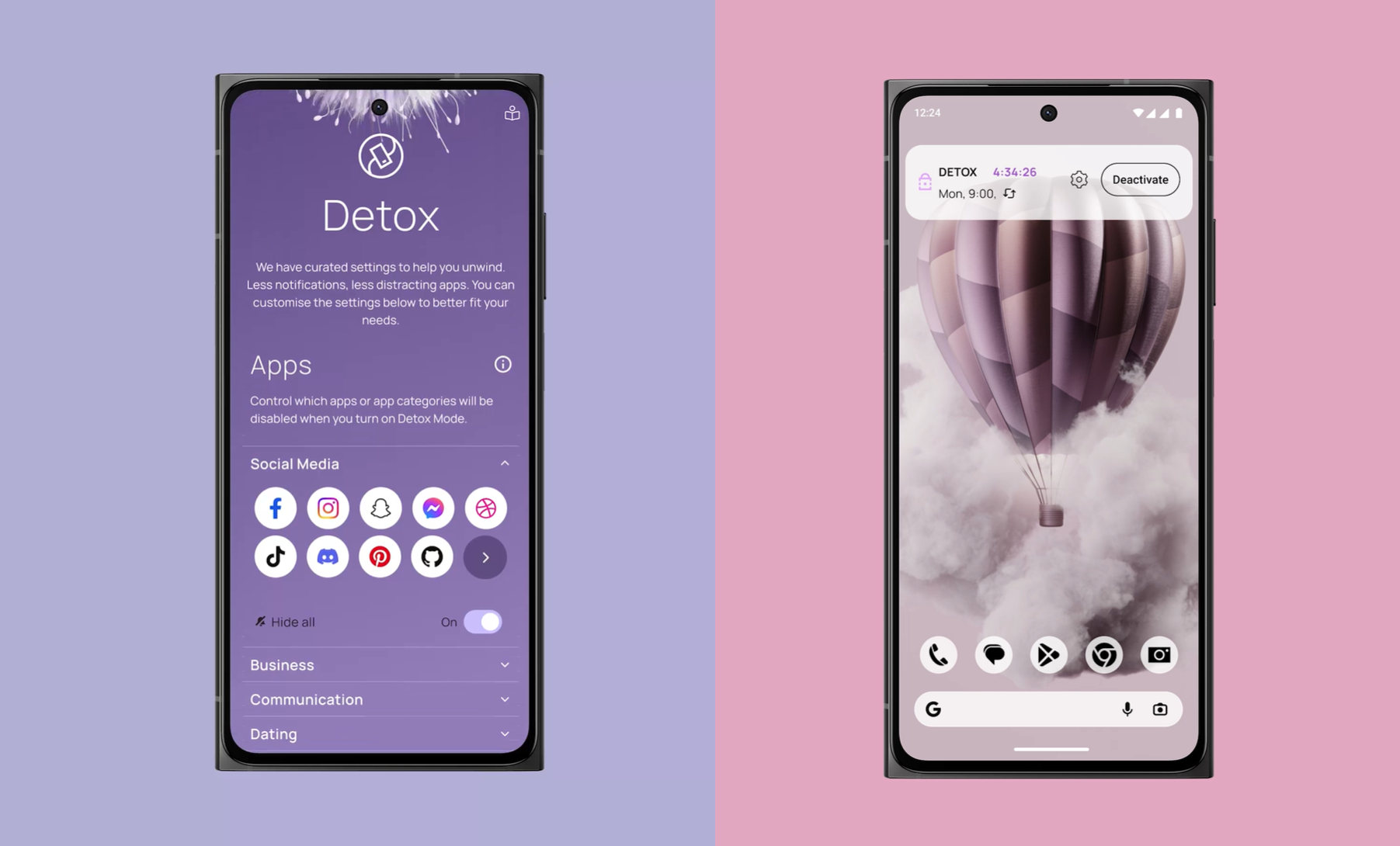
The HMD Skyline's forthcoming Detox mode
So what is the Better Phone Project? The topline is that it’ll ultimately result in a new device that’ll address some of the above issues. It will definitely be a challenge. Deliberately dull and boring devices have been tried before, and whilst they might have cult cachet, they have to contend with FOMO, peer pressure, status envy and all the other social complexities that accompany relentless conspicuous consumption of annually updated smartphones. Worse still, attempts to divert, block or even police phone use can often end up becoming a full time job for the 'authorities'.
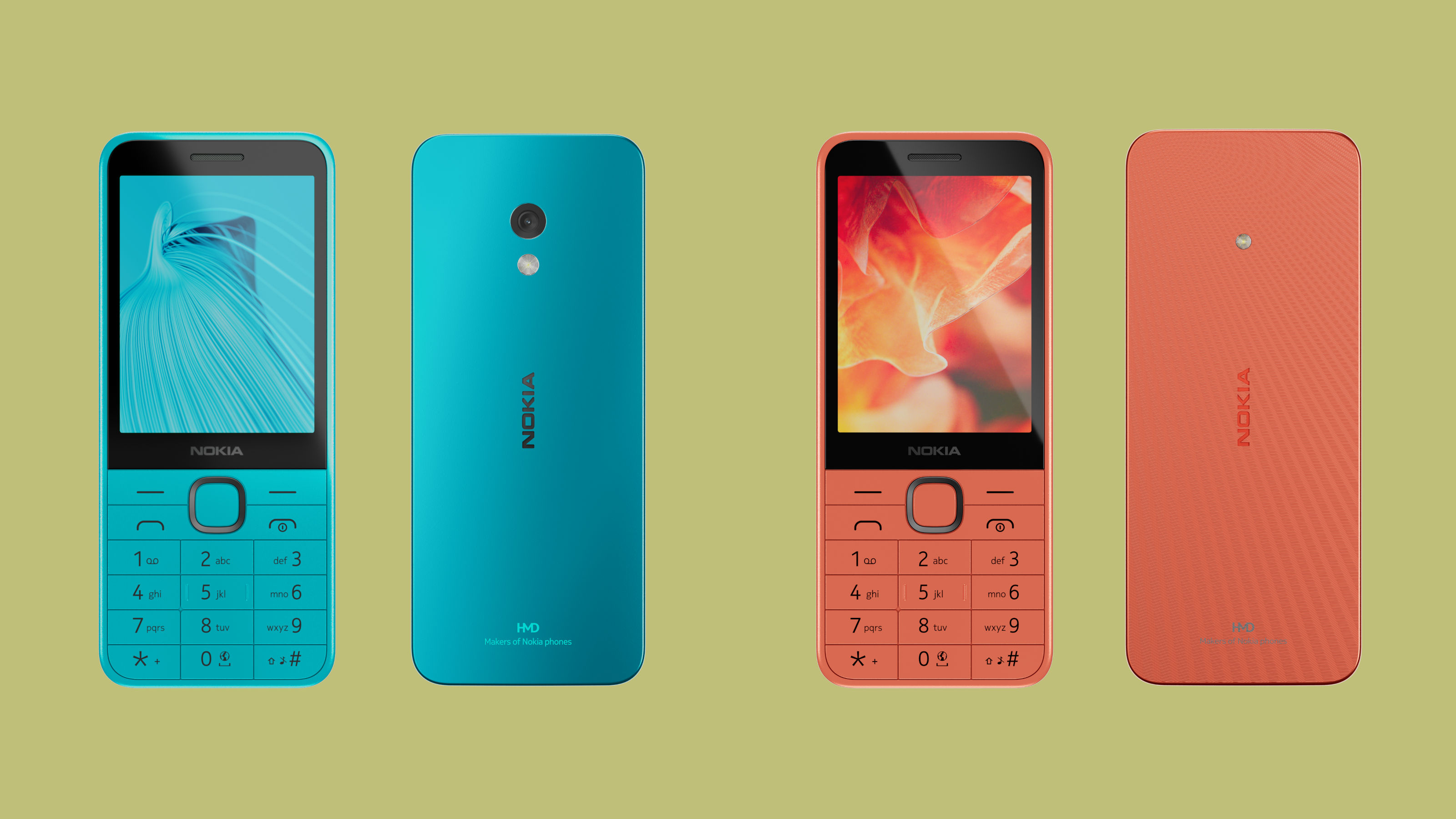
Is simplicity the answer? The Nokia 235 and Nokia 215 from HMD
Ferguson acknowledges that current solutions boil down to choice versus control, and neither are optimal. However, HMD believes they can achieve something where so many others have failed. ‘Within a year, we’ll launch something that addresses this in some way,’ he says. That ‘something’ will be the ‘first phone co-created for children by parents to protect their mental wellbeing,’ a lofty and ambitious goal that few parents would criticise.
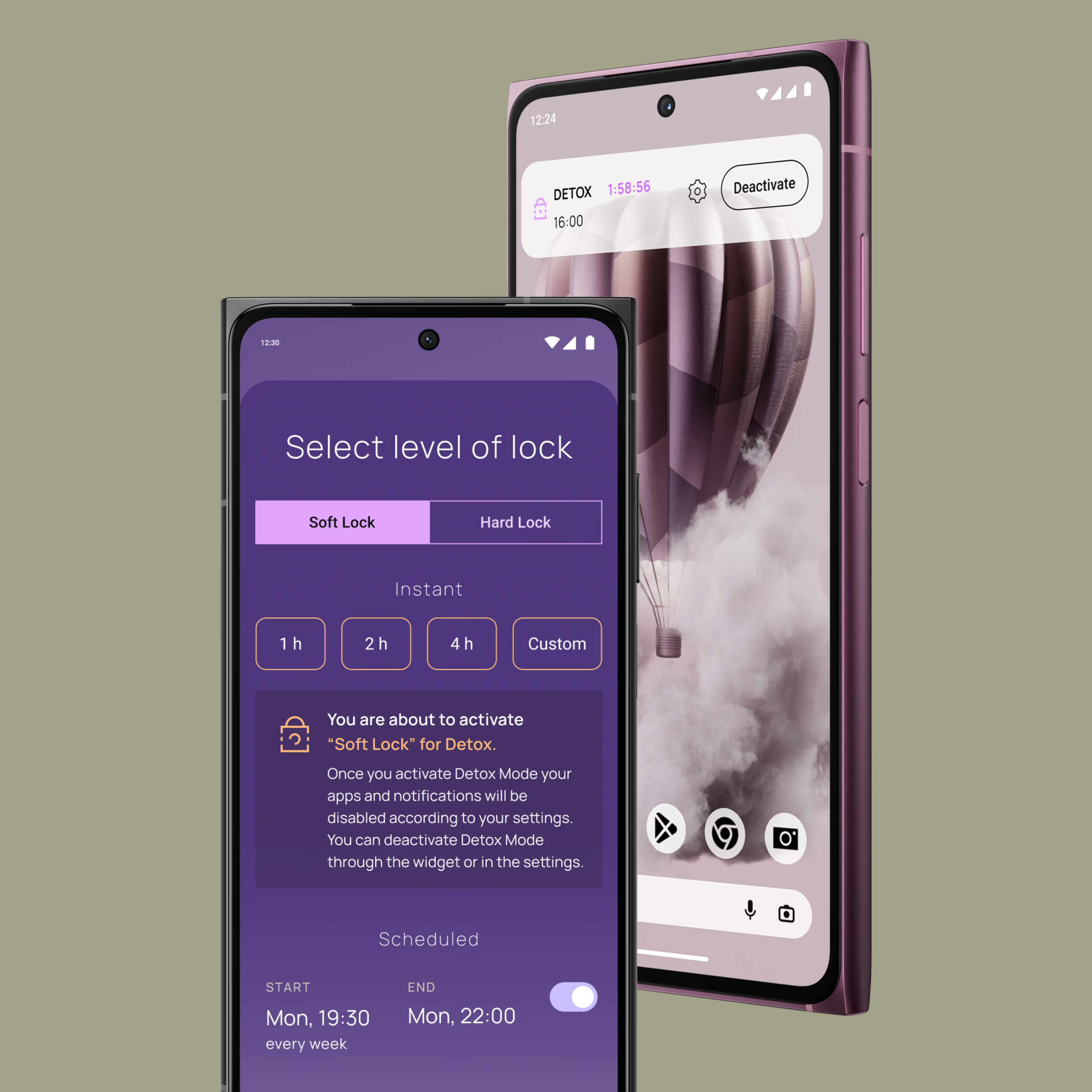
The HMD Skyline's forthcoming Detox mode
Perhaps HMD is the only company that could take this on. Not only is it one of the world leaders when it comes to making desirable dumbphones, but the Skyline will shortly be given a bespoke Detox function, one of the first devices to have this baked into the OS.
The company will be soliciting help from everyone it can, from experts and campaigners to parent support groups, to everyday phone owners old and new. Right now, the situation feels fairly hopeless – we’ve apparently all surrendered to the technology. As Dr Becky Foljambe, founder of the lobbying firm Health Professionals for Safer Screens, says, ‘Exploring the depth and breadth of emotion alongside the need for solutions (when 38 per cent parents are feeling there are “no solutions” according to the research results), makes this a very meaningful and impactful initiative by HMD.’
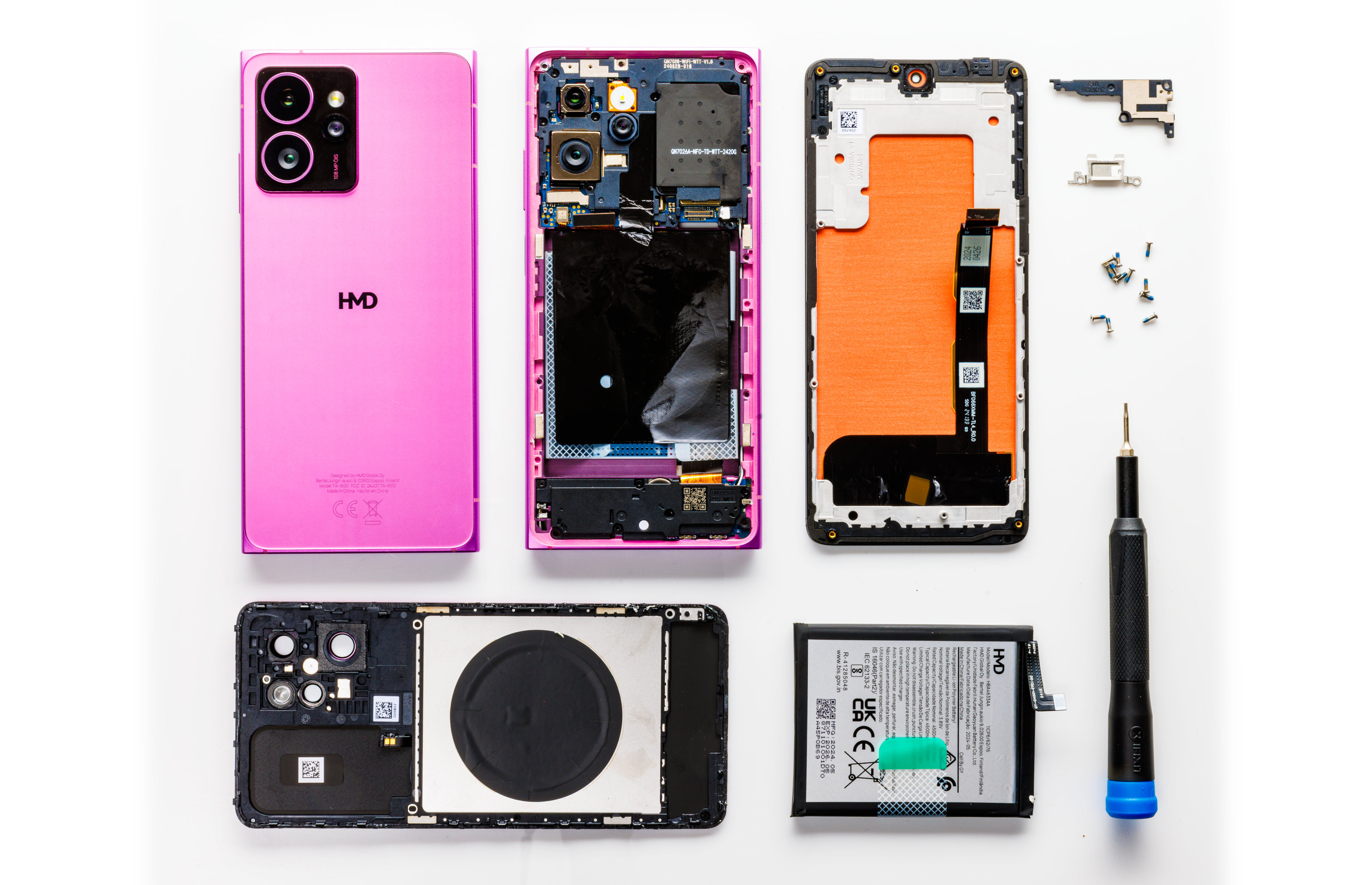
Exploding the world of smartphone use: HMD Skyline
A better phone? Tune in to find out whether dropping out could even be an option.
More information about the Better Phone Project can be found at HMD.com
Jonathan Bell has written for Wallpaper* magazine since 1999, covering everything from architecture and transport design to books, tech and graphic design. He is now the magazine’s Transport and Technology Editor. Jonathan has written and edited 15 books, including Concept Car Design, 21st Century House, and The New Modern House. He is also the host of Wallpaper’s first podcast.
-
 Modernism for sale: a Norman Jaffe-designed icon on Shelter Island hits the market
Modernism for sale: a Norman Jaffe-designed icon on Shelter Island hits the marketThe Osofsky House epitomised the glamour of high-end 70s modernism on Long Island. Now updated and refurbished, it’s back on the market for the first time in over two decades
-
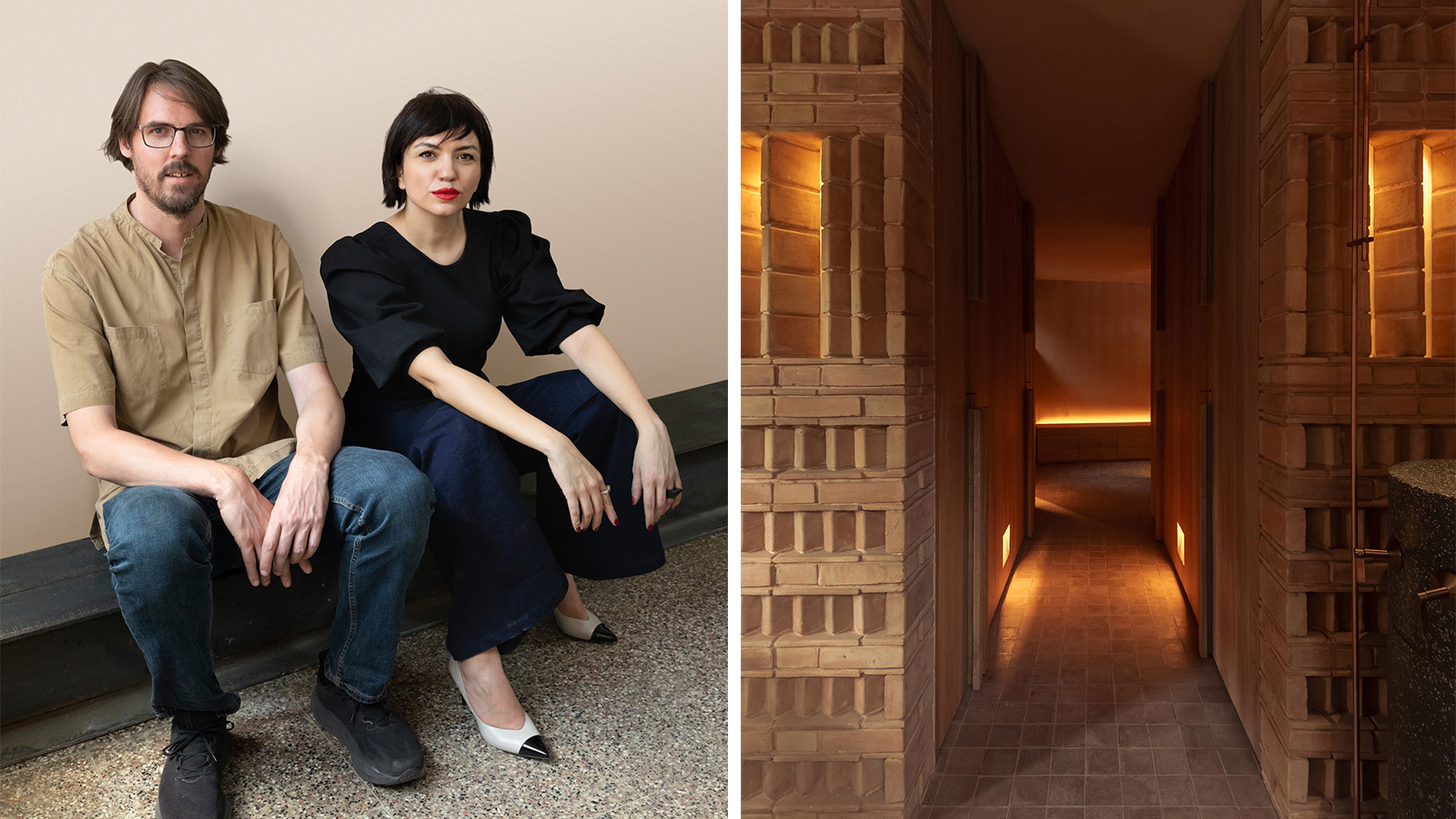 Discover Locus and its ‘eco-localism' - an alternative way of thinking about architecture
Discover Locus and its ‘eco-localism' - an alternative way of thinking about architectureLocus, an architecture firm in Mexico City, has a portfolio of projects which share an attitude rather than an obvious visual language
-
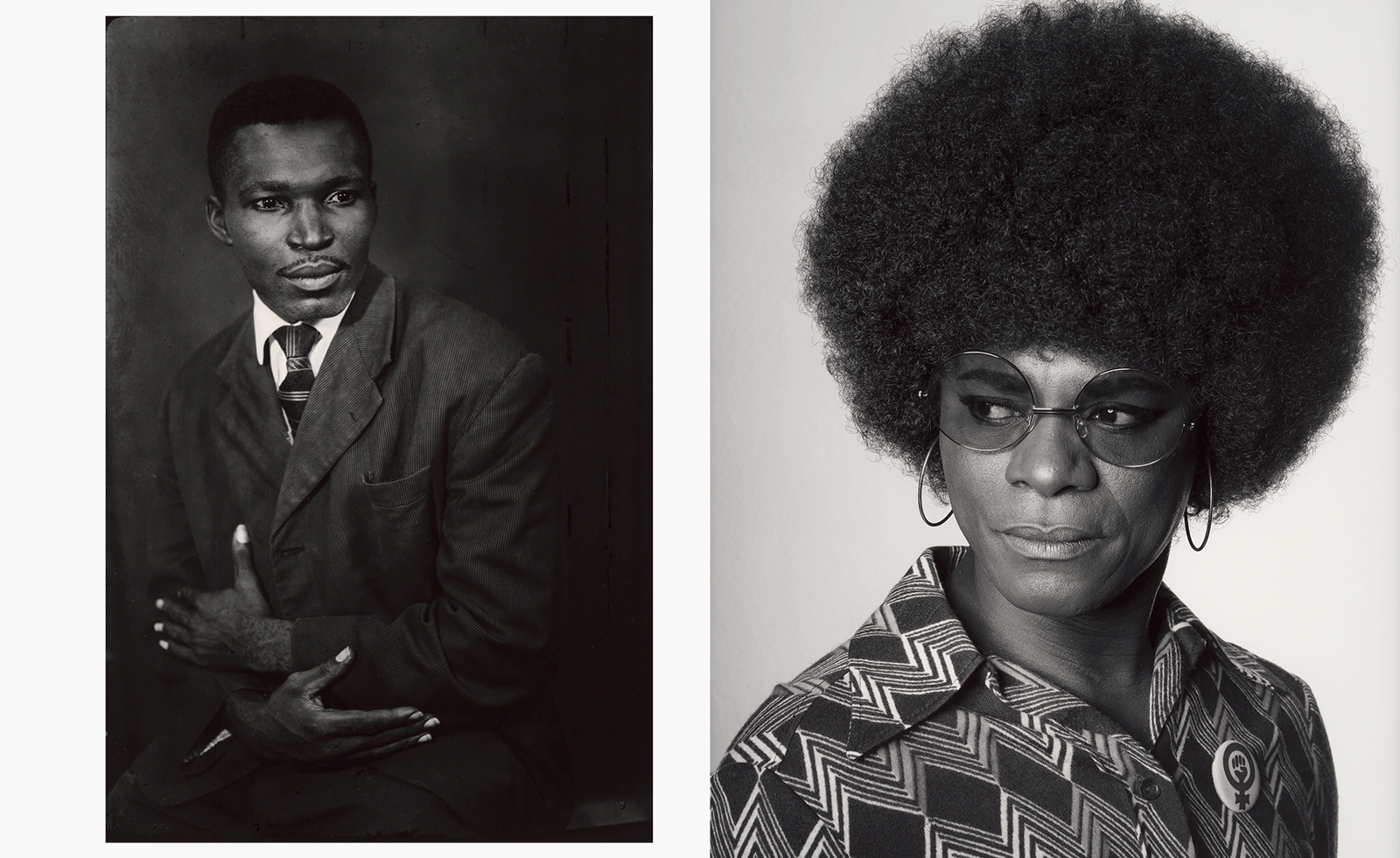 MoMA celebrates African portraiture in a far-reaching exhibition
MoMA celebrates African portraiture in a far-reaching exhibitionIn 'Ideas of Africa: Portraiture and Political Imagination' at MoMA, New York, studies African creativity in photography in front of and behind the camera
-
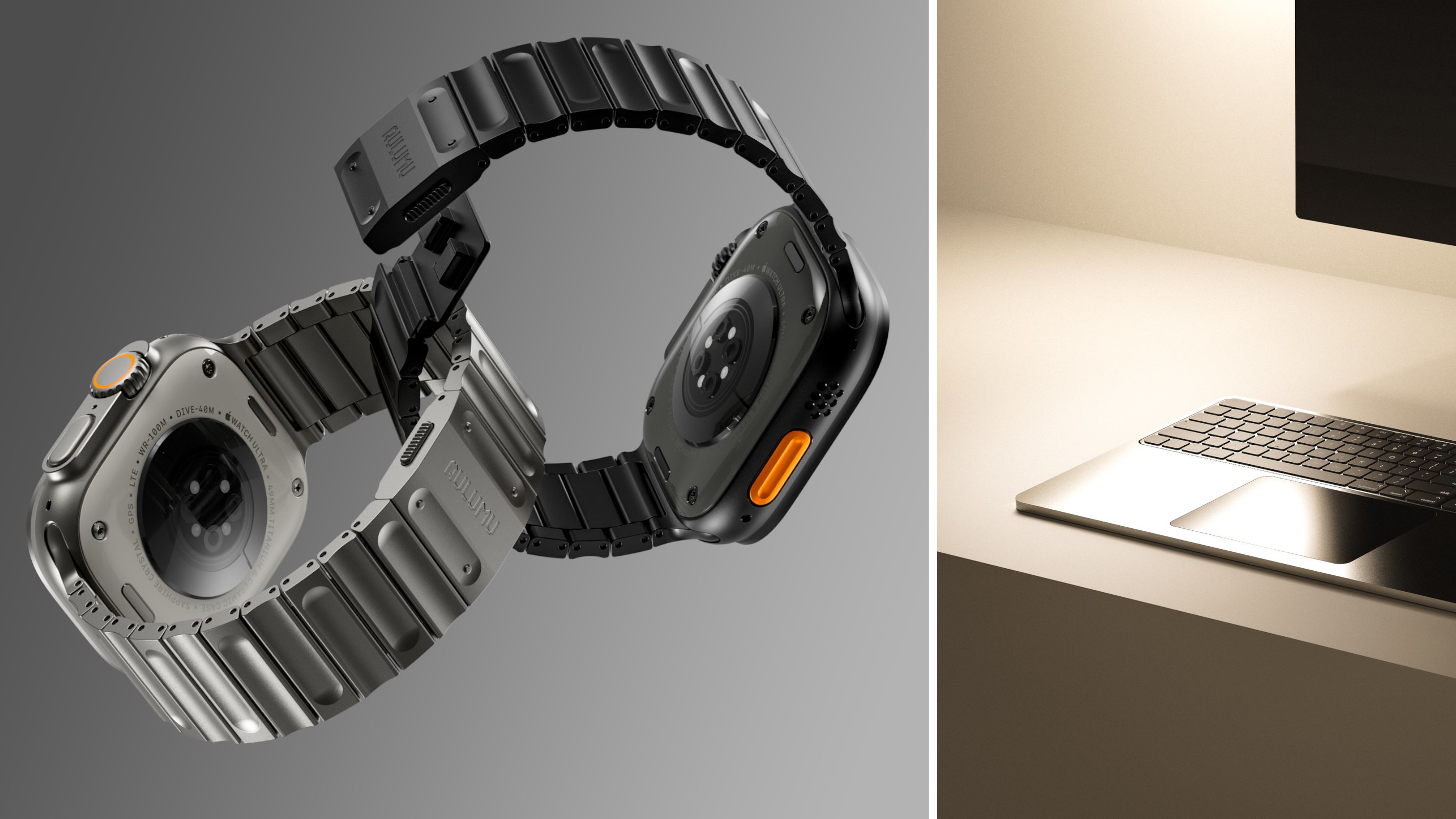 Seven covetable accessories designed to improve your Apple experience
Seven covetable accessories designed to improve your Apple experienceWe present a clutch of cultured accessories for all things Apple, from chargers to cases, straps and keyboard covers
-
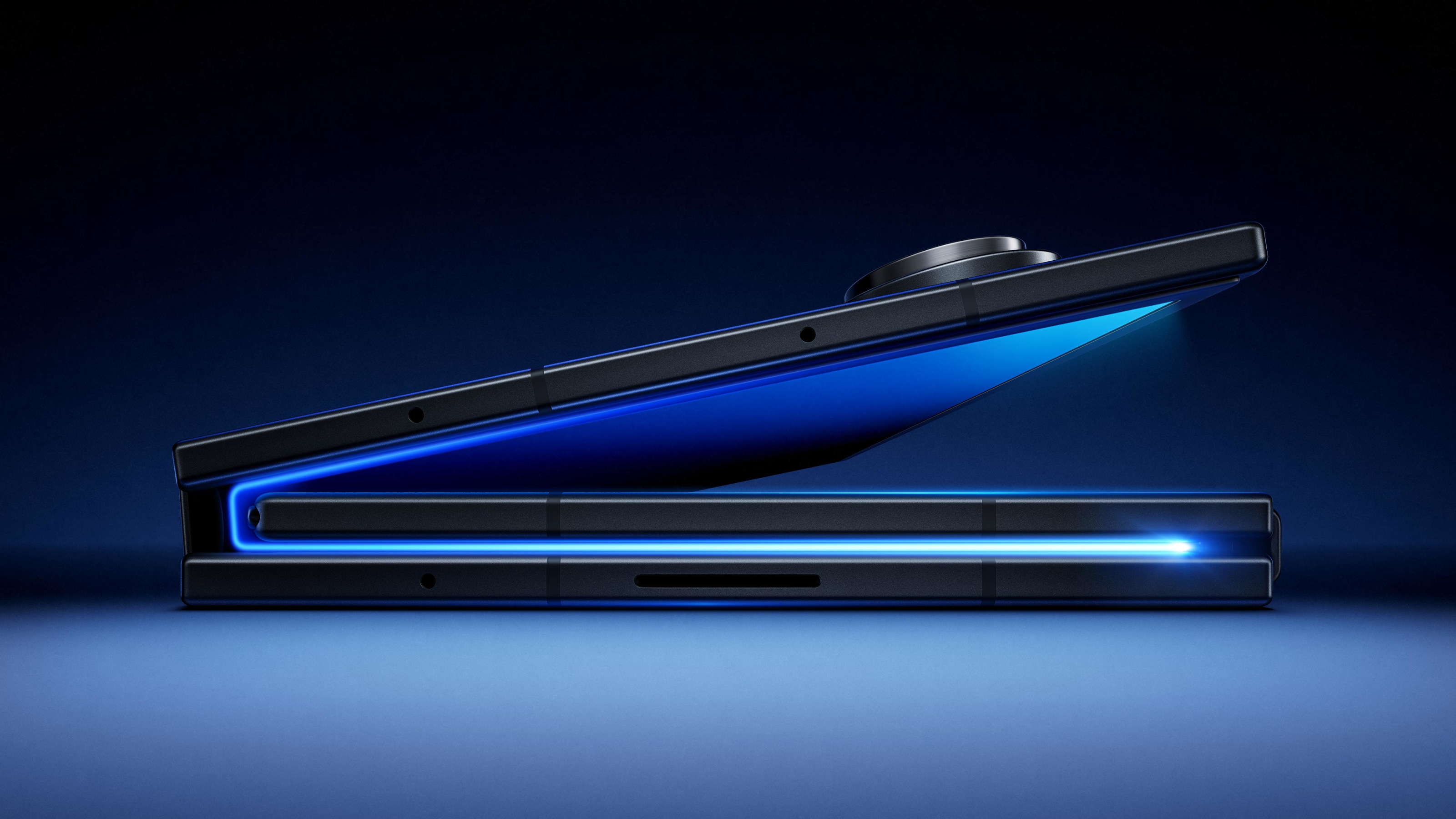 Samsung Galaxy Z TriFold is a pocket tablet that takes folding screens to new extremes
Samsung Galaxy Z TriFold is a pocket tablet that takes folding screens to new extremesSamsung has announced its newest flagship device, the Galaxy Z TriFold. Featuring three folding screens, this ultimate smartphone can transform into a ten-inch tablet
-
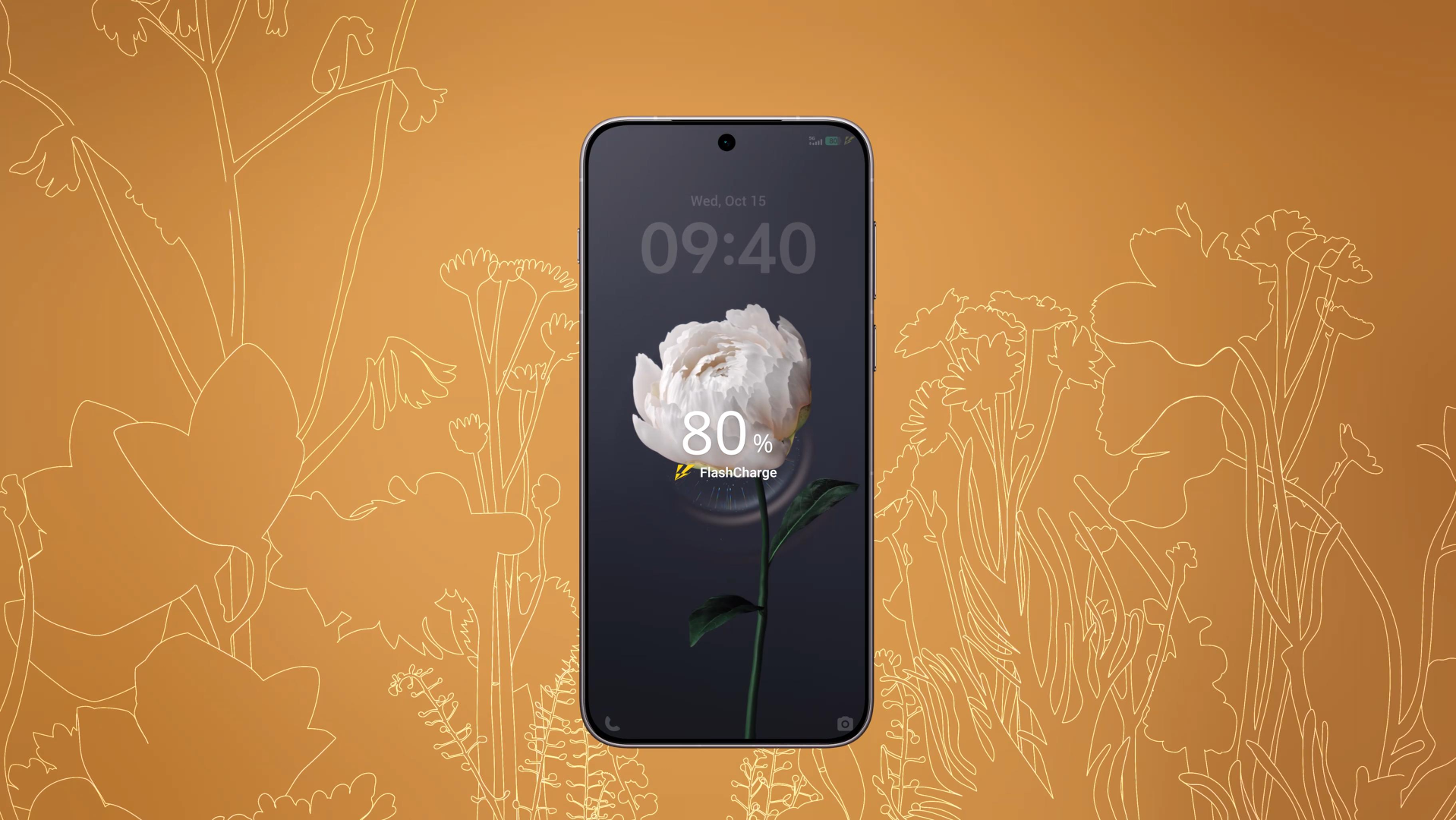 Vivo launches OriginOS 6, for a smooth and intelligent mobile experience
Vivo launches OriginOS 6, for a smooth and intelligent mobile experienceSuperior AI, next-level graphics and a seamless user experience make this Vivo’s most sophisticated operating system yet
-
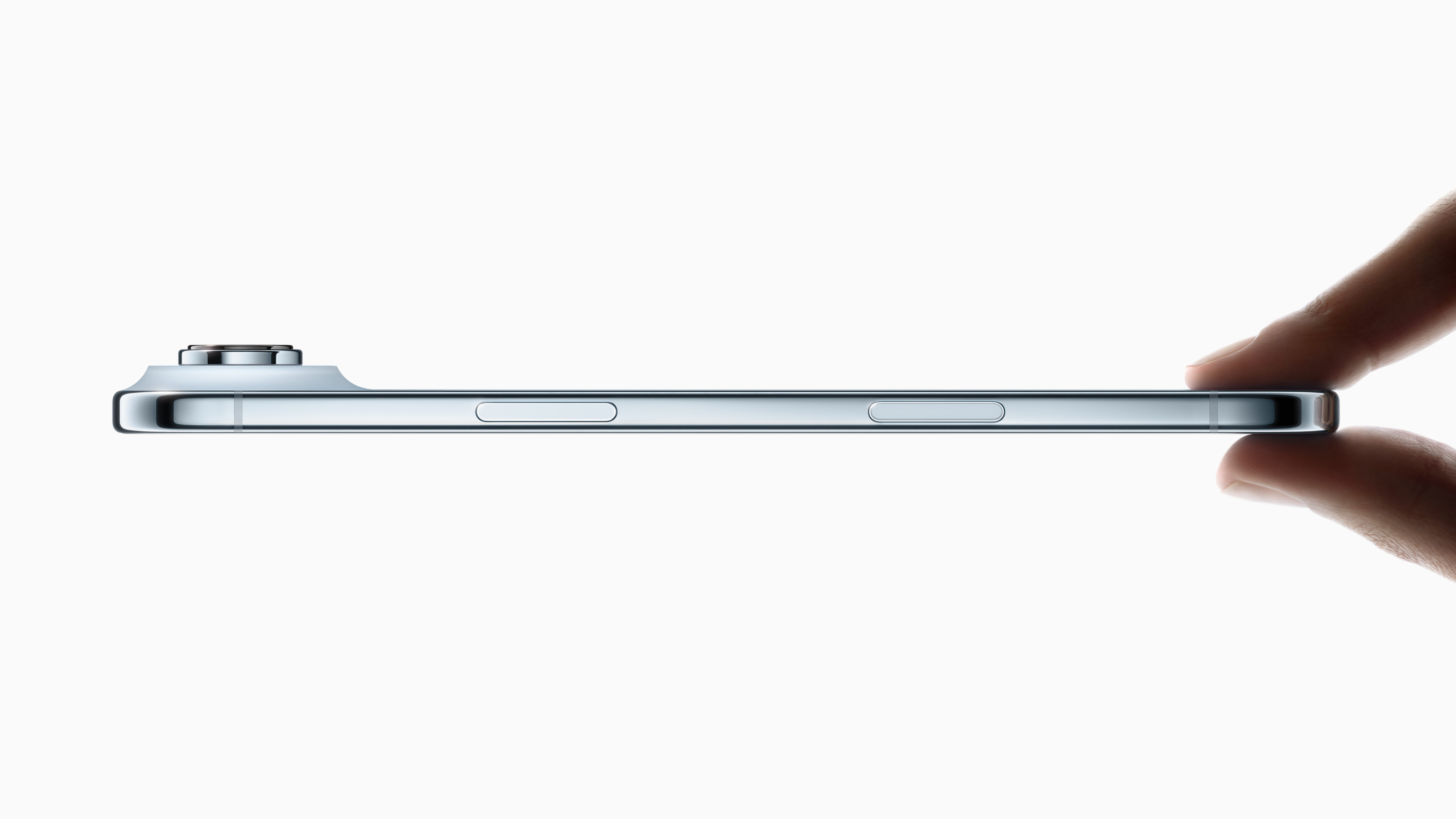 The Apple iPhone Air leads the company’s round of autumn product launches
The Apple iPhone Air leads the company’s round of autumn product launchesThe new Apple iPhone 17 range boasts better cameras, more memory and more Apple Silicon. It launched alongside new Apple Watches, new AirPods and the remarkable iPhone Air. We explore out the key innovations and products
-
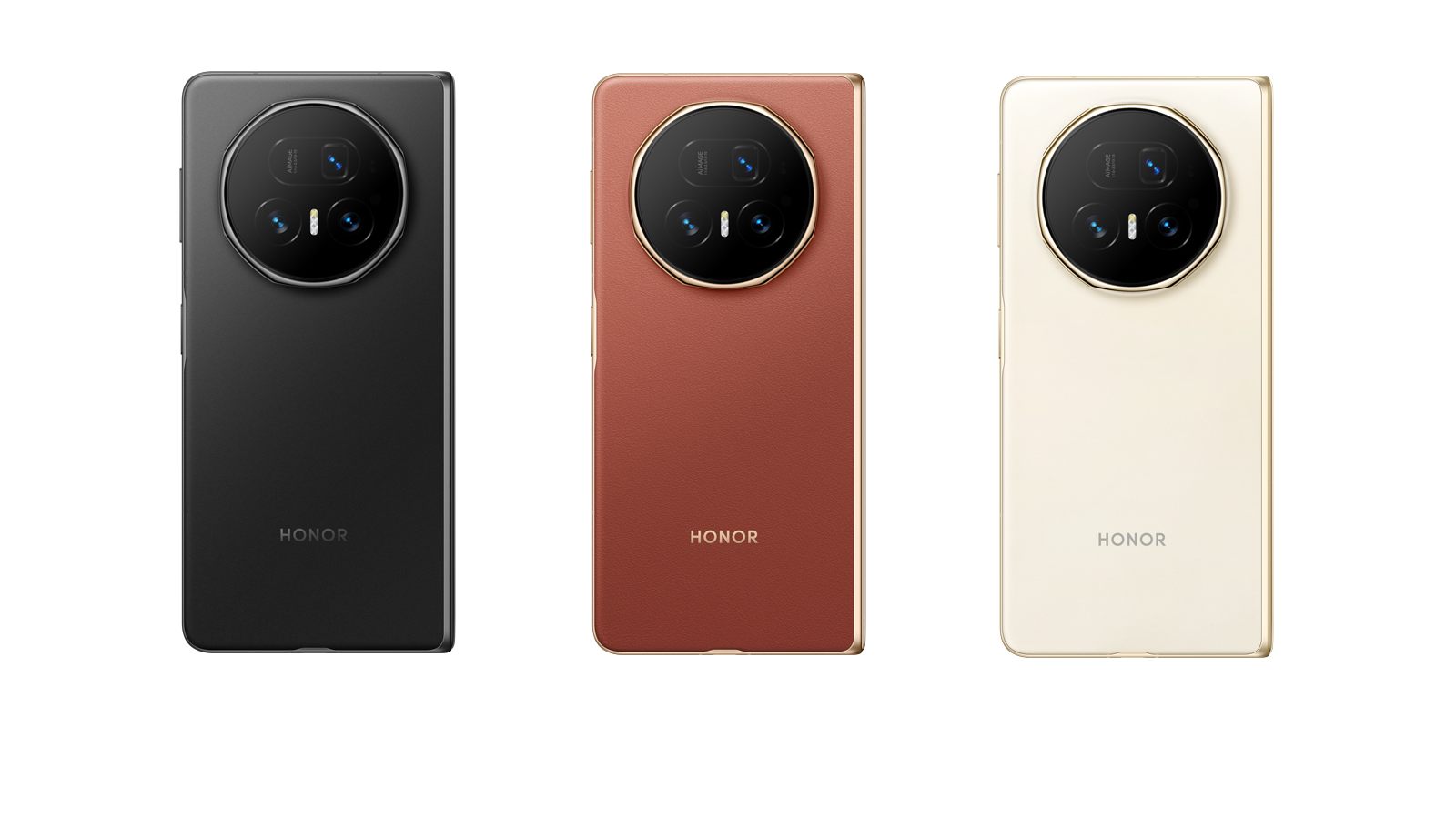 Honor introduces an ultra-slim trio of new flagship foldable phone, tablet and laptop
Honor introduces an ultra-slim trio of new flagship foldable phone, tablet and laptopThin is in as Honor goes for style and substance with three new portable computing devices – a high-powered folding phone, tablet and laptop that offer anything but slim pickings
-
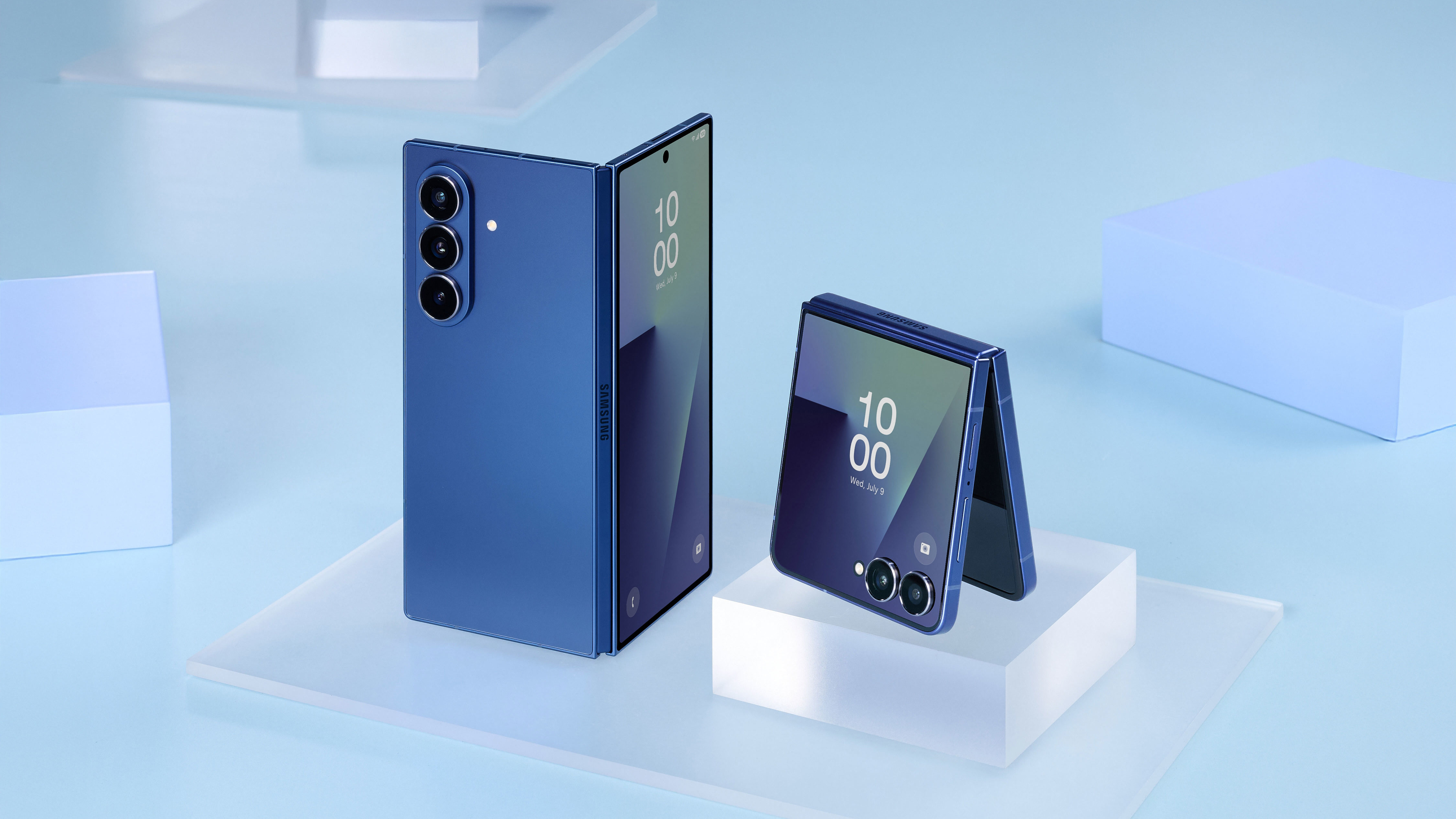 Samsung’s Galaxy Z Fold7 shows the folding smartphone still has traction as a flagship device
Samsung’s Galaxy Z Fold7 shows the folding smartphone still has traction as a flagship deviceThe Samsung Galaxy range has been given a thorough overhaul, with a new Fold, new Flip and an update to the class-leading Galaxy Watch series
-
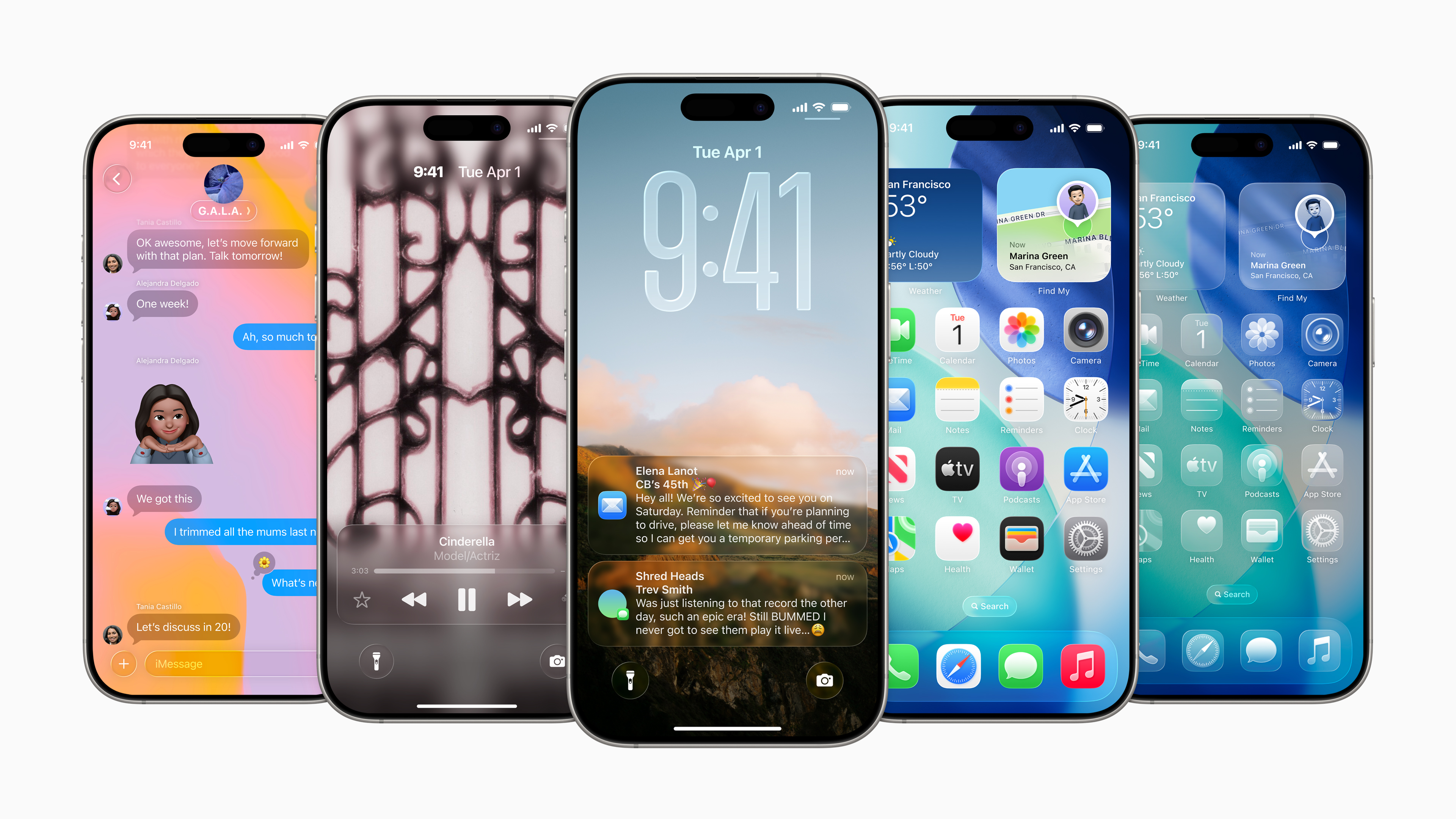 Liquid Glass, subtle AI and cross-device continuity define Apple’s new 26-branded OS
Liquid Glass, subtle AI and cross-device continuity define Apple’s new 26-branded OSAt WWDC25, Apple announced a raft of design changes, rolling out iOS 26, iPadOS 26, macOS Tahoe 26, watchOS 26, and tvOS 26 to the delight of attending developers
-
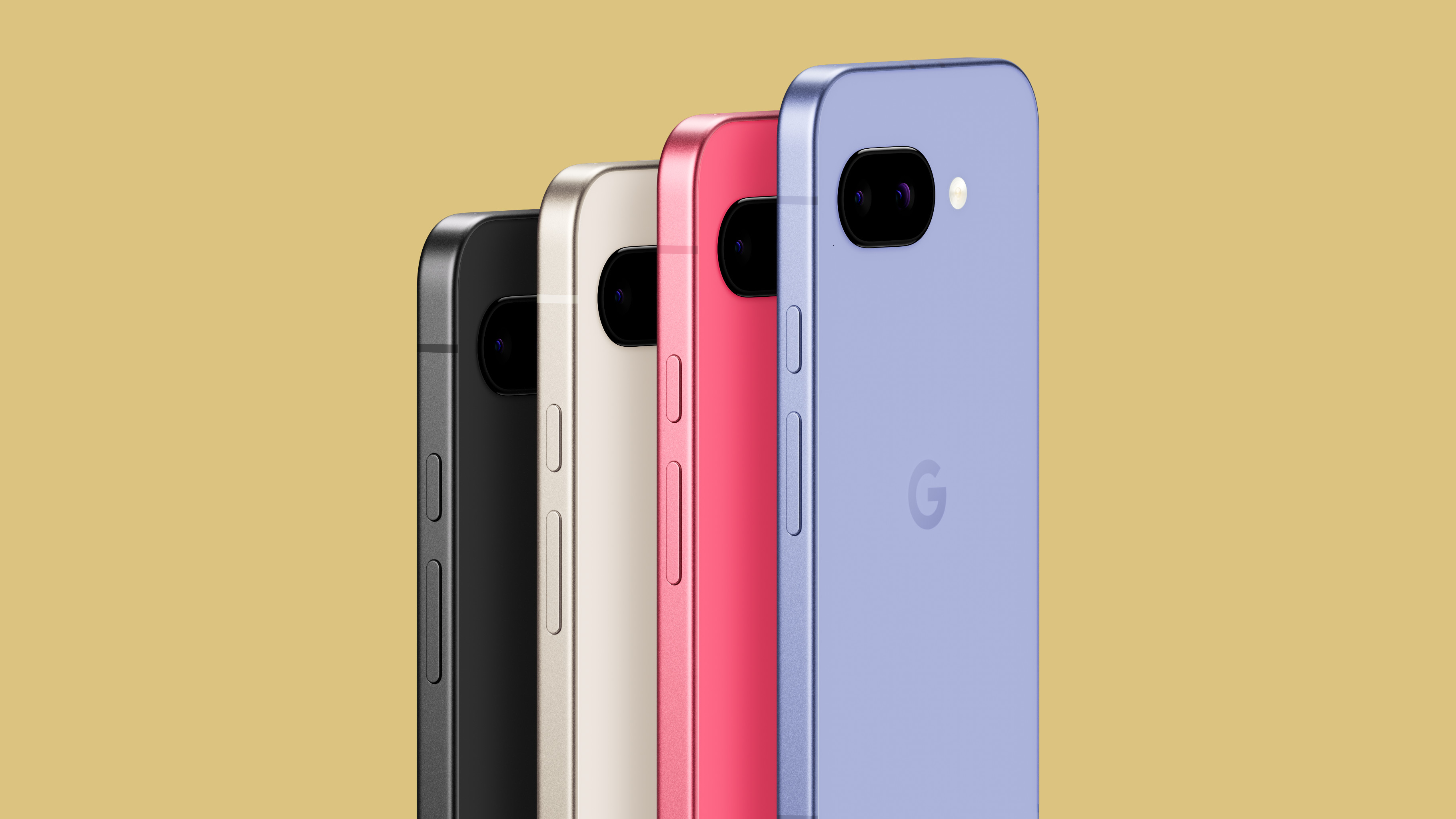 The new Google Pixel 9a is a competent companion on the pathway to the world of AI
The new Google Pixel 9a is a competent companion on the pathway to the world of AIGoogle’s reputation for effective and efficient hardware is bolstered by the introduction of the new Pixel 9a, a mid-tier smartphone designed to endure